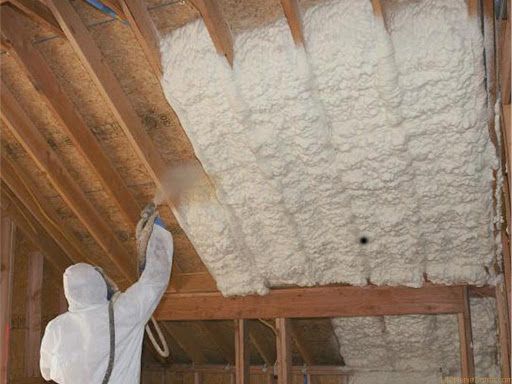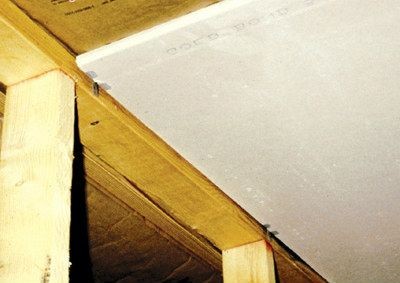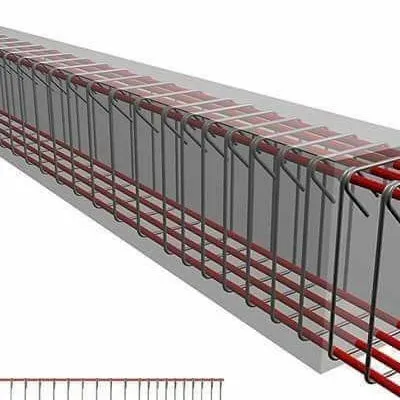Insulated concrete forms ( ICF ) are becoming an increasingly common way to build houses. This innovative building material usually consists of blocks of polystyrene foam with cast-in-place reinforced concrete. Historically, this technology was most commonly used to build foundations, but today many builders use ICF to build the above-ground walls of one-, two-, and three-story homes.
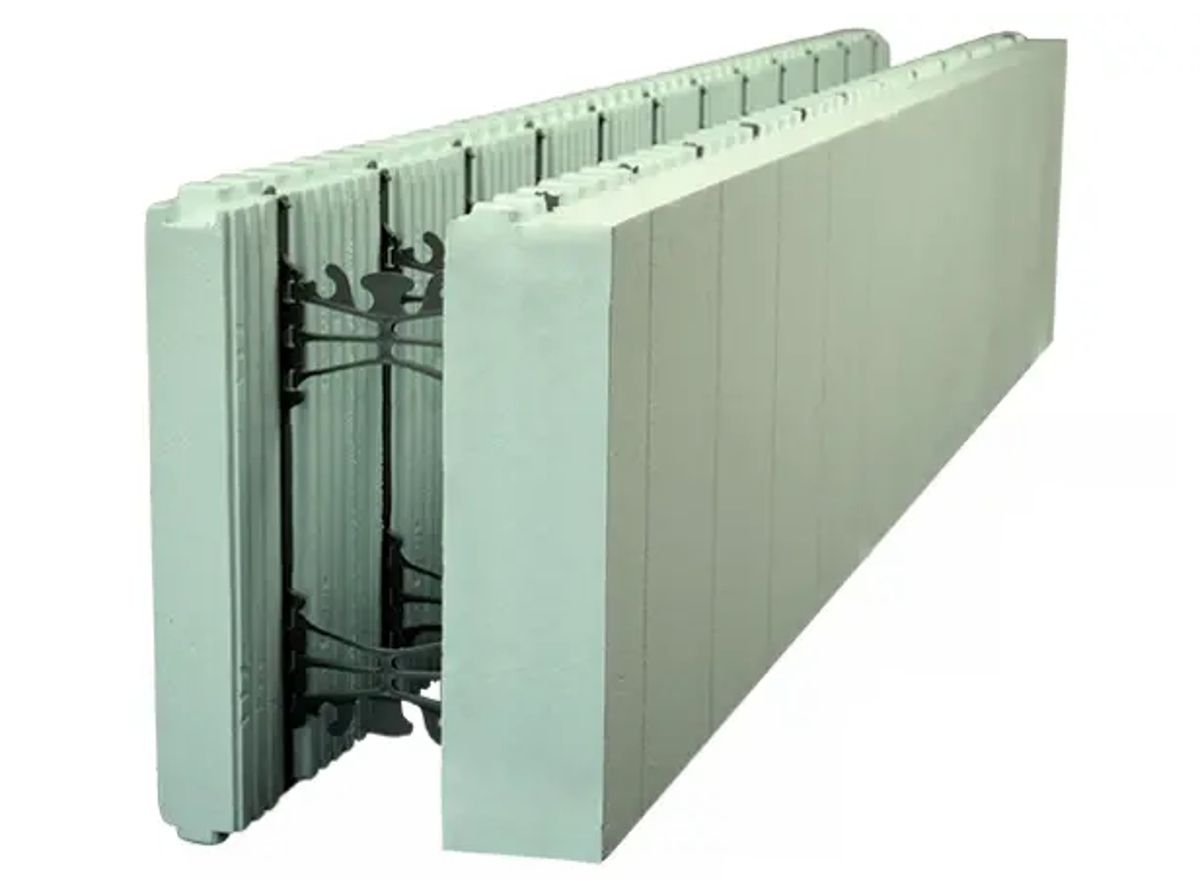
Using ICF in new construction projects
ICFs are used primarily for new construction rather than retrofit projects. They are easy to install and offer several advantages, including strength, durability, and the ability to seal and insulate well.
Construction of reinforced concrete homes with permanent formwork requires more financial outlay compared to traditional wood framing. However, operating costs also play an important role throughout its lifespan. In this article, we will explore this building material.
Irremovable concrete formwork (ICF) is a rigid insulating block of expanded polystyrene (EPS) separated by a plastic screen. It is used as an integrated concrete form for pouring a concrete wall instead of a traditional wooden board or plywood. The ICF blocks have interlocking sections, so the wall system fits tightly together. Once the blocks are placed, concrete is poured, and finishes such as drywall and siding are attached to fastening strips built into the insulation.
Some steps in the construction process are faster because the insulation and fastening strips are included with the ICF blocks. ICF walls are typically 200 to 600 cm thick. The thickness of walls is often influenced by the soil conditions and the amount of support needed for the erected buildings.
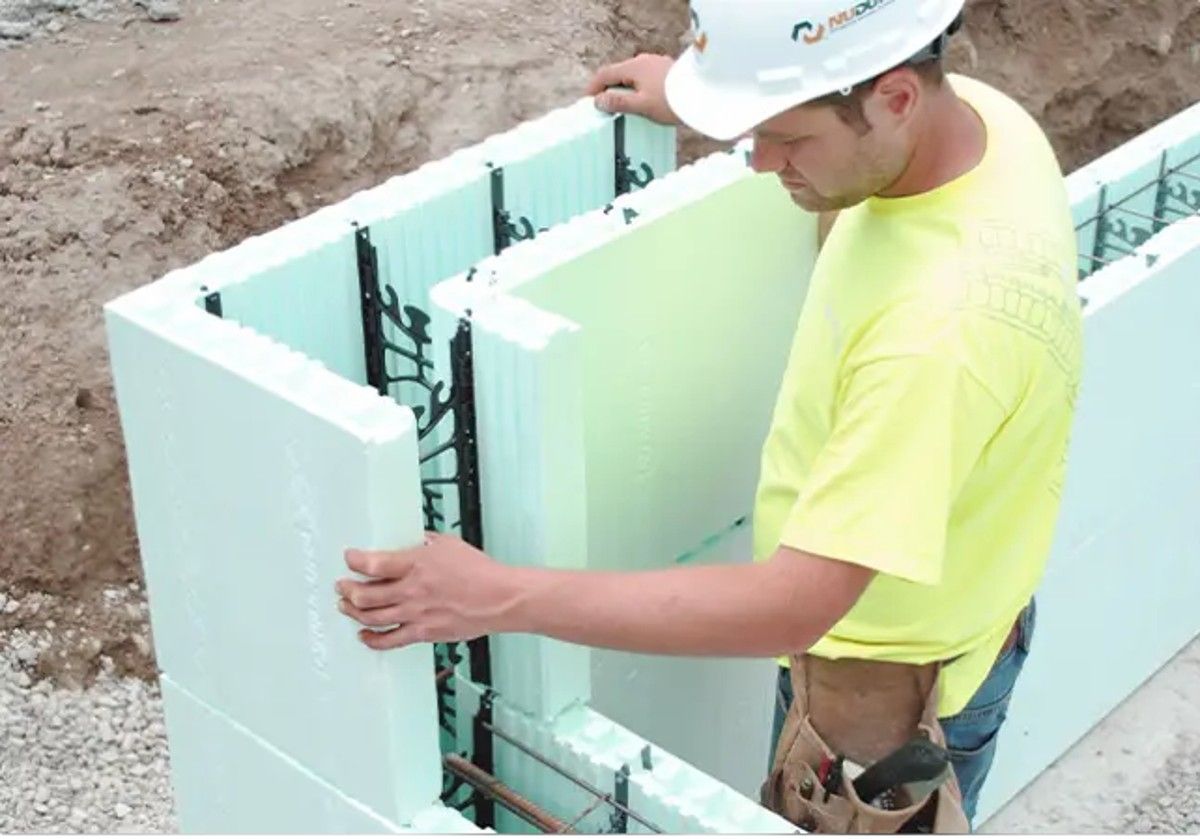
Is the ICF wall a good insulator?
The short answer is yes, but you need to look a little further to build an eco-friendly and heat-efficient home. ICF construction has two advantages in terms of a building's energy performance. First, it seals very well, preventing air from seeping through the walls. Second, it has two continuous insulation layers, one inside and one outside, with no thermal bridges. This reduces heat loss.
Is ICF instruction cheaper?
Insulated concrete forms cost about 2-7% more than standard wood frame construction. Overall, you will probably end up spending 5-10% more in total construction costs than you would for a typical wood-frame home. Keep in mind that the price of concrete can fluctuate, and the price of your home also depends on the design, labor costs, and additional factors.
How much does ICF save over time?
The savings and payback on an ICF home depend primarily on what you're comparing it to and how well the home is built. If you have a well-built home, you will probably get more significant savings. Your heating and air conditioning bills will be significantly lower for the month than if you had a wood-frame house or one built with other technologies.
Industry leaders say that if you compare the initial cost of an ICF home to the savings on utilities over time, it will cost the same as a wood-frame home. But, again, it depends on a lot of factors.
How durable is an ICF house?
It's also important to note that ICF homes can increase protection during natural disasters. ICF homes have over 100 years, with minimal maintenance required because polystyrene does not degrade and is not susceptible to rodent or insect attack. These homes can withstand flooding well, so they are suitable for coastal areas. The reinforced concrete also makes them ideal for use in seismic regions. ICF walls can even guarantee up to 4 hours of fire resistance, thanks to the addition of fire retardants (flame retardants) to the polystyrene foam. If you live in an area prone to natural disasters, an ICF home can give you complete peace of mind.
Do ICFs need vapor barriers and ventilation?
ICF walls insulate the concrete wall well and do not need vapor barriers, which is why ventilation must be top-notch. One type of modern ventilation is the recuperator. In this article, you can read about the principle of recovery in the house.
